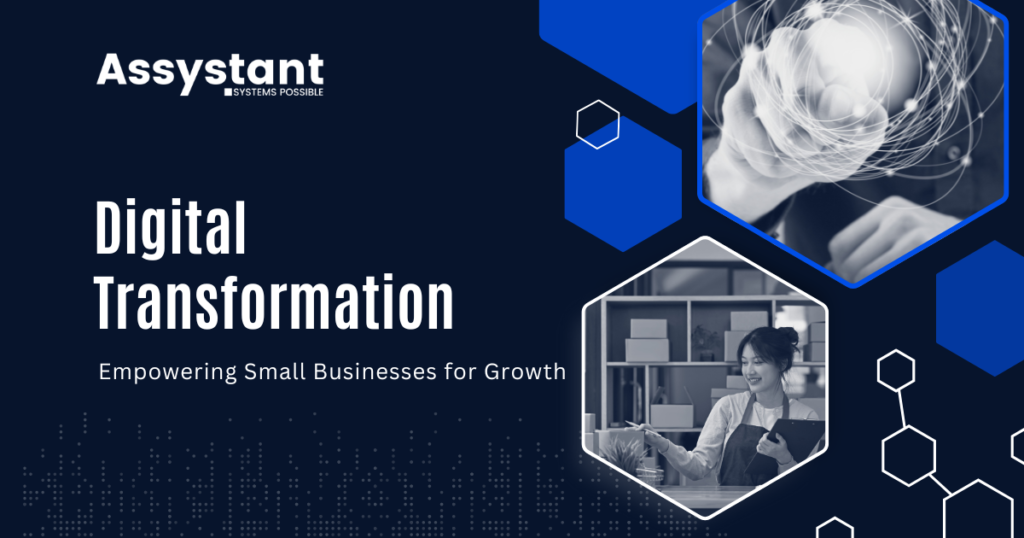Businesses of all sizes are increasingly relying on cloud computing for their data analytics and software development needs. While cloud computing offers numerous benefits, it also comes with certain risks. In this blog, you will learn about the common cloud security risks.
With newer advancements in technologies like the Internet of Things (IoT), Blockchain, and Artificial Intelligence(AI), industries are adopting cloud computing to make their work easier. However, the real question arises: Are you secure? Cloud computing does have its risks, but they can be tackled. However, these risks can escalate if you ignore or overlook them. In this blog, we will explore the common cloud security risks of cloud computing and how to address them.
-
Data breach
When your confidential data is accessed and used by someone else without your consent that would be called a data breach. Now, this can happen due to multiple reasons like weak credentials or complex systems giving the wrong permissions to the wrong people. Or, when your system is affected by malware. Data systems are particularly vulnerable to this type of attack. Inadequate cloud configuration or no protection at runtime will make your data more vulnerable to these attacks. Example: The Marriott Hotels & Resorts data leak due to a compromised third-party app, affected almost 339 million guests and the company had to pay a fine amount of £18.4M. News link here. Breaching different types of data has varying consequences, but one thing is clear: once someone breaches your data, they might end up with it in the wrong hands. The misuse of breached data could potentially ruin a company’s reputation and drive down its stock price. Breaches are a serious risk to businesses. One of the best ways to prevent breaches is by having encryptions and multiple-factor authentication.
-
Compliance issues
Companies can face a bad time if there are issues with compliance with policies like PCI DSS and HIPAA that protect sensitive data. These must be followed by all organizations. You might have to create an isolated silo in your network with limited access to make sure you are compiling with these regulations.
If compliance regulations are not followed, the business might have to face penalties and fines. Such cloud security risks are known as compliance risks.
So you must add the cloud service only after checking its compliance with all applicable legal standards.
-
Data loss
This is different than a data breach. A data breach is when people use your data without your knowledge and or consent. Data loss is when your data is compromised. This can pose a huge risk to a business and most importantly note, that it’s irreversible. You can lose your data due to a variety of reasons. It can range from the vulnerability of the databases, storage on the non-dependable cloud storage service provider, losing or deleting the data accidentally, or losing your credentials to access the data. It poses a great risk to safety and security.
So it is crucial to enforce privacy policies and ensure that there is a backup of all data.
-
Insecure APIs
Application programming interfaces or APIs also enable access, authentication, and encryption. As APIs make things more user-friendly and applications scalable, if they are insecure they can pose a risk to your data. Cloud services with unsecured APIs can compromise your data heavily. So it is crucial to do some penetration tests and regular audits of each layer.
-
Misconfiguration
These days, it is common for businesses to work with multiple vendors, and each service has unique configurations. However, these configurations can be a security vulnerability, posing a threat to the cloud infrastructure. This is particularly crucial when important data is stored in the cloud services of various third-party vendors. Misconfiguration attacks can have a significant impact, as seen in the series of misconfiguration attacks on Amazon S3 storage between September 2017 and November 2017. In this timeframe, sensitive data of the Australian Broadcasting Corporation, United States Army Intelligence and Security Command, and Accenture were leaked.
So it is crucial to double-check the configuration and security of the cloud service that you are using.
-
Lack of cloud-native security tools
So it is crucial to keep them well-managed and must be regularly monitored.
-
Hijack accounts
Poor password hygiene is a common reason why hackers gain access to your data. With businesses increasingly relying on cloud infrastructure and apps, hijacking poses a significant security risk. For instance, between the 21st of August 2017 and the 5th of September 2017, a UK airline company suffered a massive data breach, with over 380,000 user data compromised by a Russian group. Researchers estimate that the hacker group might have earned up to $12.2 million from the attack. In essence, attackers can gain complete access to an employee’s personal data and online accounts when they have the credentials. So it is crucial to have a separate access management layout in your cloud infrastructure which will define the information’s accessibility to the users.
-
A Dos or DDos attack
The goal of a DoS or DDoS attack is to render programs useless or interfere with their workflow. This predominantly impacts businesses relying on outdated systems during data load spikes, making the system unavailable and unusable. However, it can affect businesses of all kinds. The largest DDoS attack to date occurred in September 2017, targeting Google services and reaching a size of 2.54 Tbps. Signs of a DoS attack include:
- Difficulty loading a specific website.
- Rapid loss of connectivity among devices connected to the same network.
So It is important to check the firewall and inspect the firewall traffic. This can help eliminate unwanted traffic and hence prevent attacks like Dos or DDos. Also using an intrusion-detecting system will help you have early warning signs when there is an unusual amount of traffic.
-
Lack of organic security as a part of application development
Inherent security is lacking in application development, posing a significant concern. As businesses increasingly rely on cloud infrastructure and applications, it becomes crucial to ensure robust security measures during the development phase. The absence of organic security practices in application development can expose vulnerabilities, making it easier for hackers to exploit and compromise sensitive data. This risk is particularly pronounced when businesses neglect to seamlessly integrate security measures into their development processes. Therefore, developers should not consider security as an afterthought. Security should be a paramount consideration at every stage of application building, including the design stage, coding stage, development, publishing, production, etc. Essentially, security must be an integral part of each stage.
-
Lack of cloud security strategy and cloud computing skills
Insufficient cloud computing skills can pose a significant threat, especially considering that traditional data security models may fall short in securing data stored in the cloud. Without the necessary expertise to navigate and address cloud security risks, your IT team may struggle to safeguard your organization effectively. Therefore, prioritizing data security from the outset is crucial when incorporating the cloud into your enterprise. This involves promoting good password practices and digital hygiene among employees and ensuring the presence of trained professionals equipped to tackle these evolving risks. If you want to learn more about cybersecurity, Assystant would be happy to provide a free consultation. Please feel free to contact us.
Further read: Why Get A Custom Applicant Tracking System?



